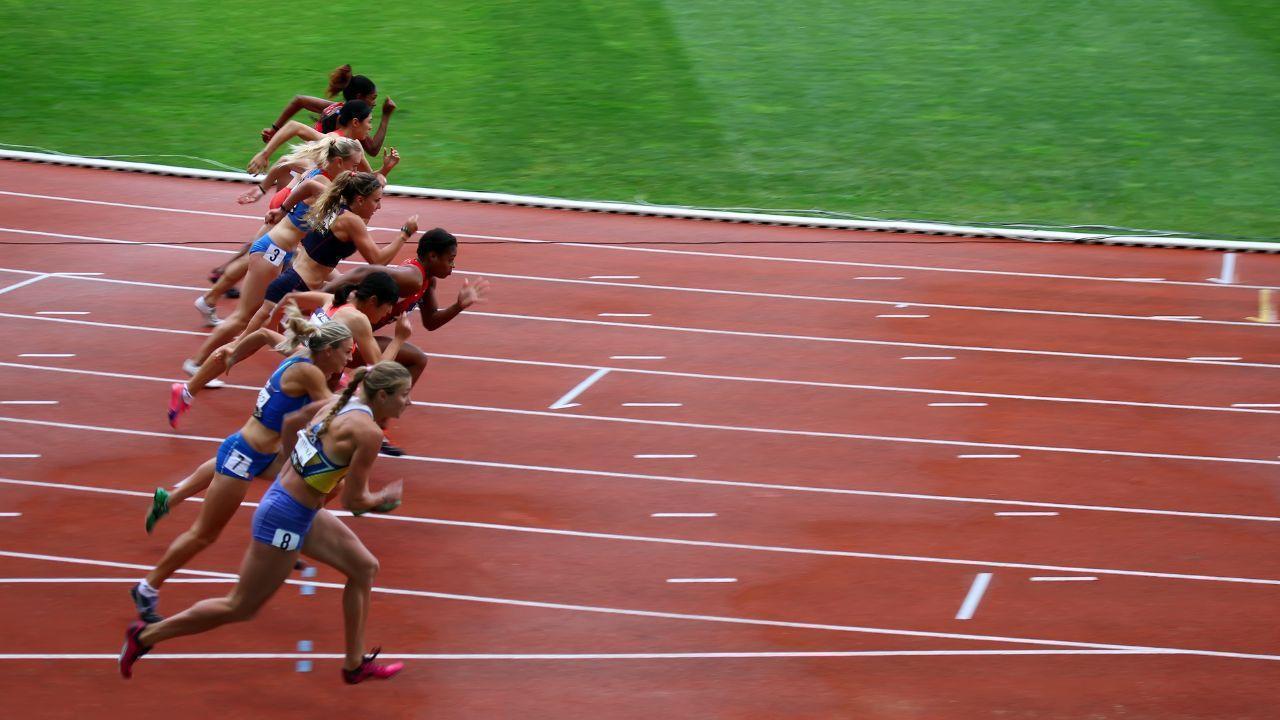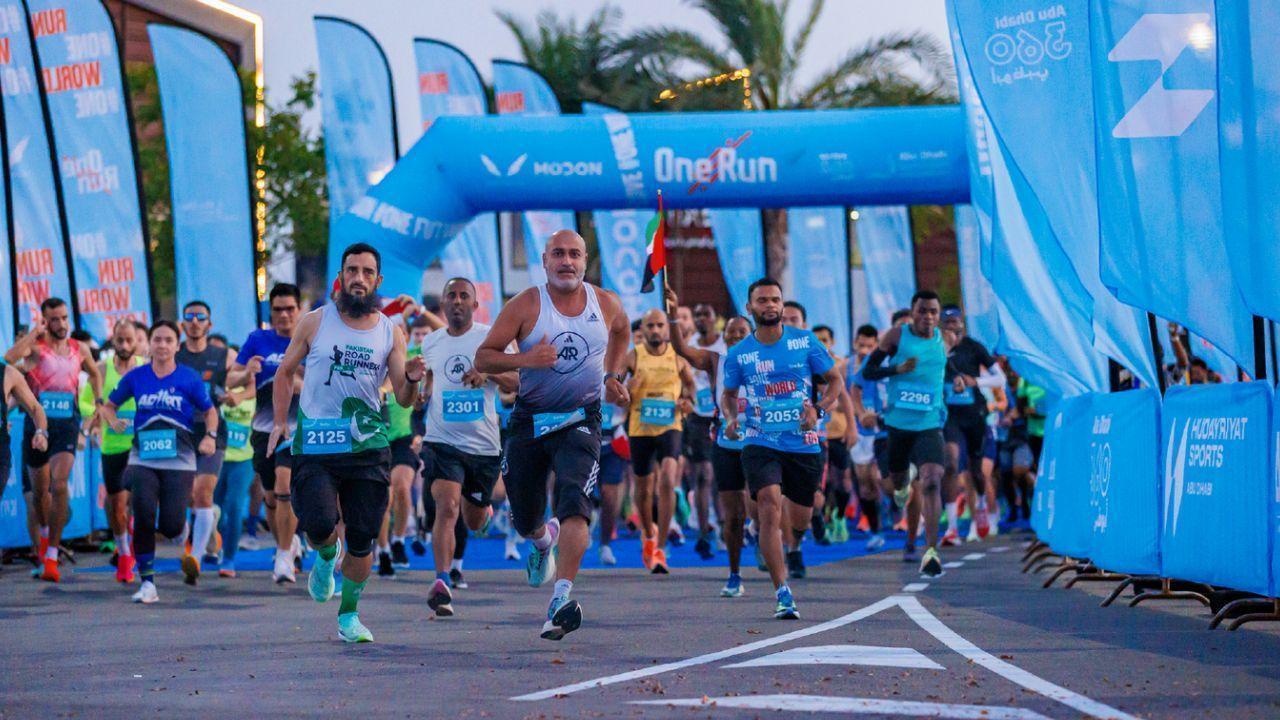
Post by: Zayd Kamal
Athletic performance isn’t just about physical training; it also requires a powerful mental edge. That’s where sports psychology comes in. Whether you're a professional athlete or a weekend warrior, mental resilience, focus, and emotional control are key factors that contribute to success. Sports psychology helps athletes tap into their full potential by enhancing their mental game. Let’s explore the top 5 ways sports psychology can boost your athletic performance and take your abilities to the next level.
One of the key benefits of sports psychology is its ability to improve focus. In high-pressure situations, athletes often experience distractions that can throw them off course, whether it's the crowd, the competition, or their own internal doubts. Sports psychologists use techniques like visualization and mindfulness to help athletes block out distractions and stay present in the moment.
For example, a tennis player may use imagery to mentally rehearse their serves before they step on the court. This prepares them for the task ahead and strengthens their ability to concentrate when they need it the most. A clear and focused mind is crucial for making split-second decisions and executing skills at the highest level.
Performance anxiety and stress are common issues athletes face, whether it’s before an important game or during intense competition. Sports psychology helps athletes recognize the signs of stress and learn techniques to manage anxiety effectively. Stress management methods, such as relaxation exercises, deep breathing, and progressive muscle relaxation, are common strategies used to calm the mind and body.
When athletes can control their anxiety, they can perform at their best without being hindered by nerves. This is particularly important in high-stakes events, where an athlete’s ability to stay calm can be the difference between winning and losing. Learning how to manage stress also promotes mental well-being, preventing burnout and improving overall performance.
Confidence plays a significant role in athletic success. Sports psychology helps athletes develop a strong sense of self-belief, which can propel them to higher levels of performance. Techniques such as positive self-talk, goal-setting, and affirmations are used to build and maintain confidence, even when facing setbacks.
An athlete who believes in their abilities is more likely to take risks, push through obstacles, and perform with greater consistency. Confidence also boosts an athlete’s resilience, enabling them to recover quickly from mistakes and setbacks. For example, a basketball player who misses a shot but remains confident will be more likely to make the next one, rather than dwell on failure.
Motivation is essential for maintaining consistent performance and pushing oneself to improve. Sports psychology teaches athletes how to set clear, achievable goals and create a roadmap to reach them. By breaking down large objectives into smaller, manageable steps, athletes can stay motivated and track their progress.
Additionally, sports psychologists help athletes identify intrinsic motivation—what drives them from within—as well as extrinsic motivation, such as rewards or recognition. Whether it’s the desire to break a personal record or to win a championship, understanding what motivates you can provide the fuel needed to stay committed to training and competition.
The ability to stay strong mentally and persevere through adversity is a hallmark of elite athletes. Sports psychology emphasizes the importance of mental toughness, which is the ability to maintain focus and confidence, even in challenging situations. Techniques such as visualization, cognitive restructuring, and reframing negative thoughts are used to help athletes develop resilience and handle pressure.
For instance, an athlete who has learned how to cope with failure and setbacks can bounce back more quickly after a loss. They can also maintain a positive attitude during tough moments, keeping their eyes on the goal and not getting discouraged by obstacles. Mental toughness is what allows athletes to keep pushing, even when things aren’t going as planned.
Summary: This article explores how sports psychology can significantly enhance athletic performance. It highlights five key ways in which sports psychology benefits athletes: improving focus and concentration, managing stress and anxiety, building confidence and self-belief, enhancing motivation and goal setting, and developing mental toughness and resilience. By incorporating these psychological techniques into their training, athletes can improve their mental game, overcome obstacles, and reach their full potential. The article emphasizes that sports psychology is just as essential as physical training in achieving peak performance.
Disclaimer: This article by DXB News Network is for informational purposes only. It is not intended as professional advice and should not replace consultation with a licensed sports psychologist or healthcare professional. The views and opinions expressed in this article are based on general knowledge of sports psychology and may not reflect the individual needs of all athletes. Readers are encouraged to seek personalized guidance for their specific circumstances.
#trending #latest #SportsPsychology #AthleticPerformance #MentalToughness #Focus #StressManagement #Confidence #Motivation #GoalSetting #Resilience #SportsTraining #breakingnews #worldnews #headlines #topstories #globalUpdate #dxbnewsnetwork #dxbnews #dxbdnn #dxbnewsnetworkdnn #bestnewschanneldubai #bestnewschannelUAE #bestnewschannelabudhabi #bestnewschannelajman #bestnewschannelofdubai #popularnewschanneldubai

Dubai Chamber sets up Slovak Council to boost trade, 134 firms join in 2024, non-oil trade hits AED 3.4B, up 38% from 2023...Read More.

Khalifa University climbs to 37th in Asia in THE 2025, staying top in UAE. It leads in research, innovation, and solving real-world challenges....Read More.














Lashkar Terrorist Killed, 2 Soldiers Injured in Bandipora Encounter
A Lashkar-e-Taiba terrorist was killed and 2 soldiers injured in an ongoing encounter in Bandipora,

Now You See Me: Now You Don’t Film in Abu Dhabi with Stars
"Lionsgate’s 'Now You See Me: Now You Don’t' films iconic Abu Dhabi locations with stars like Jesse

Chinese Astronauts To Launch For Space Station
China’s Shenzhou-20 mission launches 3 astronauts to its space station. Crew to stay 6 months doing

Arsenal Draws 2-2 With Crystal Palace, Liverpool One Point Away
Arsenal's 2-2 draw with Crystal Palace leaves Liverpool one point away from winning the Premier Leag

Abu Dhabi to host global One Run race on May 24, 2025
Abu Dhabi will hold the One Run on Hudayriyat Island with races for all ages. Runners from 30+ count